The Reality of AMR
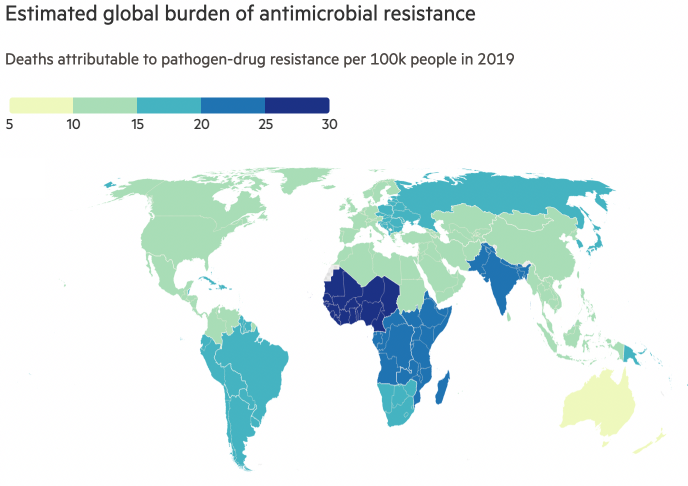
Antimicrobial Resistance is a global health challenge that is directly responsible for over 1 million deaths each year, and is associated with 5 times that number. This is broadly equivalent to the death toll from HIV and malaria combined.
The spread of antimicrobial resistant pathogens is accelerated by the inappropriate prescription and use of antimicrobial medicines. Therefore it is vitally important that healthcare providers are empowered to prescribe antimicrobials appropriately.

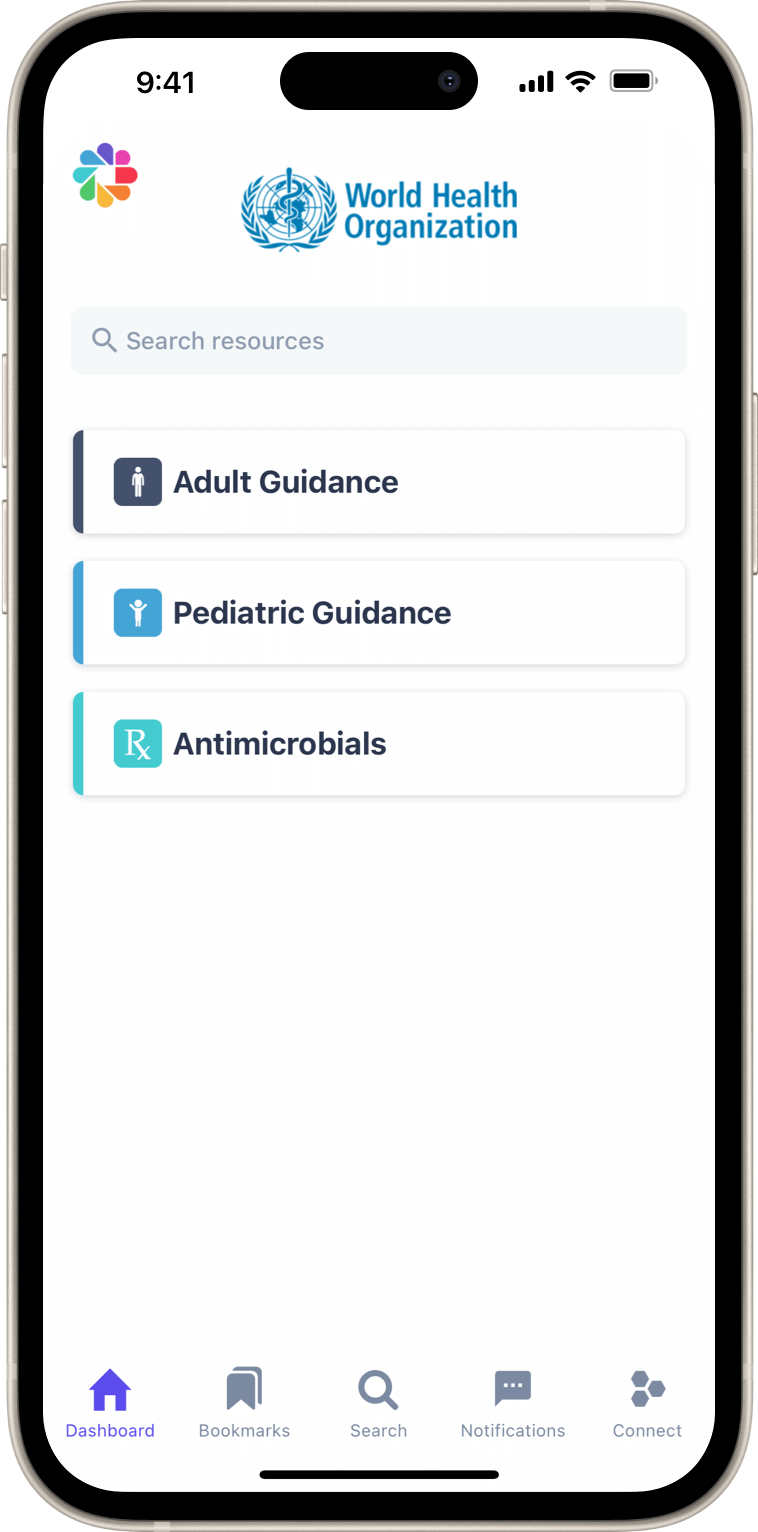
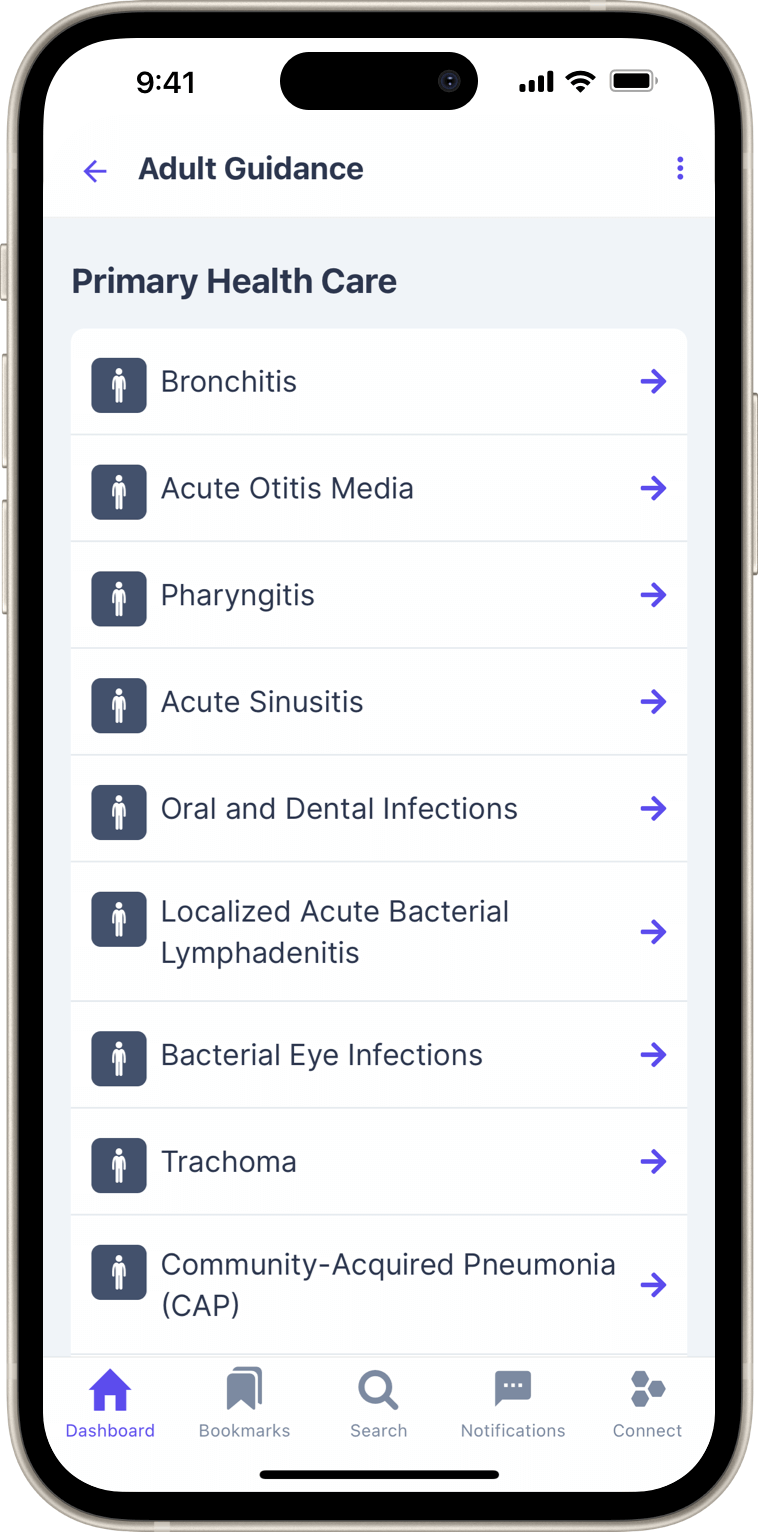
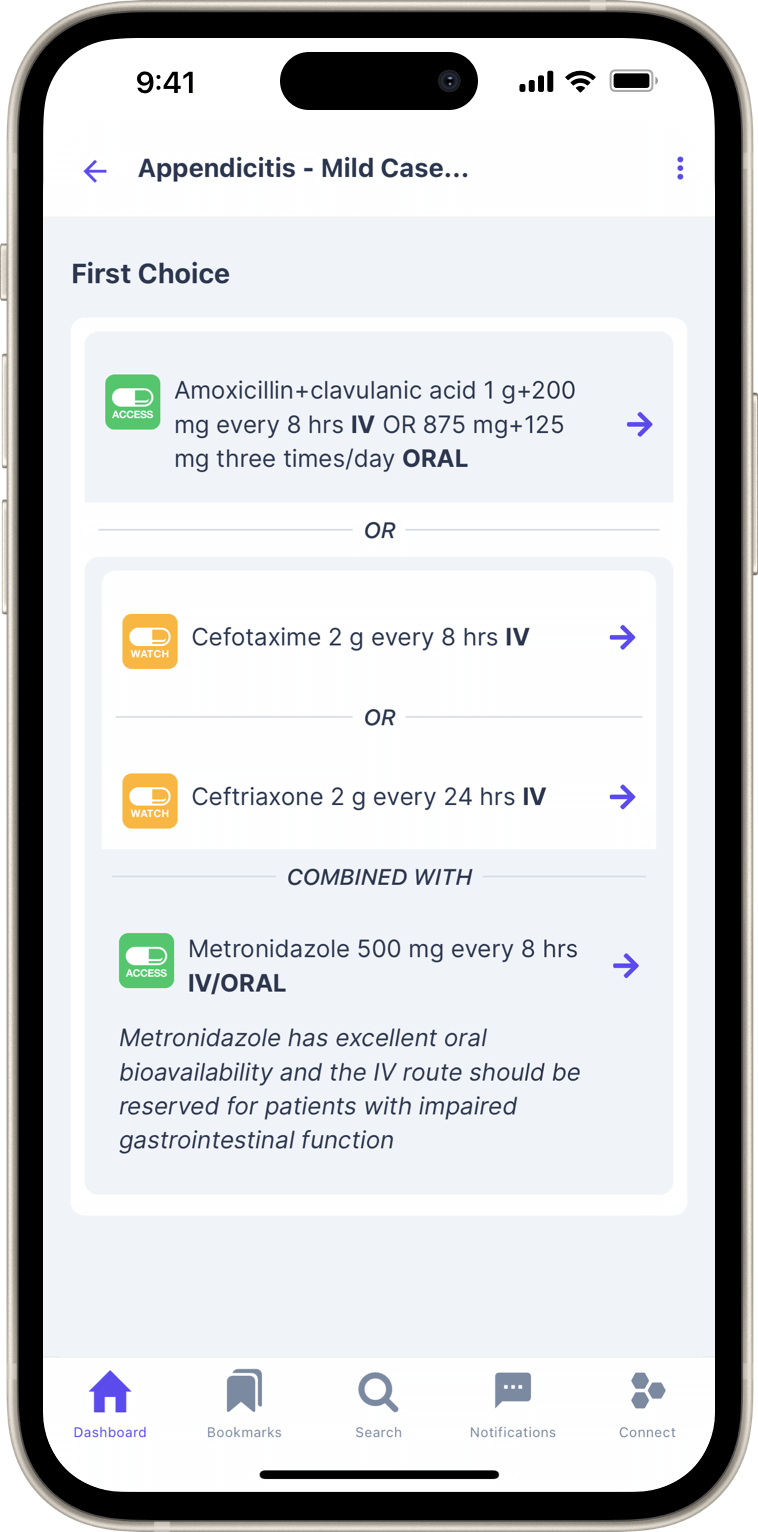
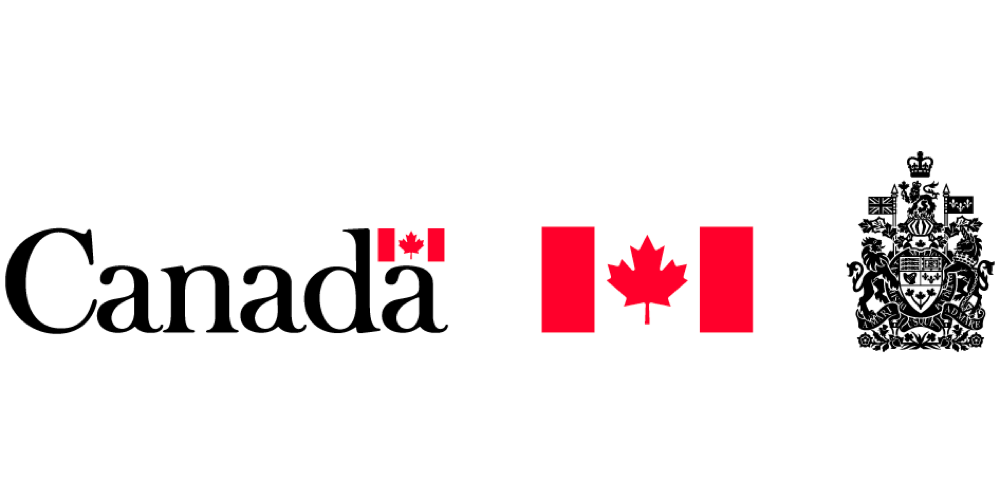 The Ministry of Innovation Science and Economic Development (ISED) is the
ultimate source of funds provided by the Digital Supercluster. However ISED
also supported and guided Firstline’s navigation of national governmental
and intergovernmental processes. The involvement of ISED highlights a
successful public-private collaboration in Canada and underlines that
Canadian companies and academic institutions, operating in service of the
greater good, and striving to address humanity’s greatest issues can indeed
be adopted at every level, including the United Nations.
The Ministry of Innovation Science and Economic Development (ISED) is the
ultimate source of funds provided by the Digital Supercluster. However ISED
also supported and guided Firstline’s navigation of national governmental
and intergovernmental processes. The involvement of ISED highlights a
successful public-private collaboration in Canada and underlines that
Canadian companies and academic institutions, operating in service of the
greater good, and striving to address humanity’s greatest issues can indeed
be adopted at every level, including the United Nations.
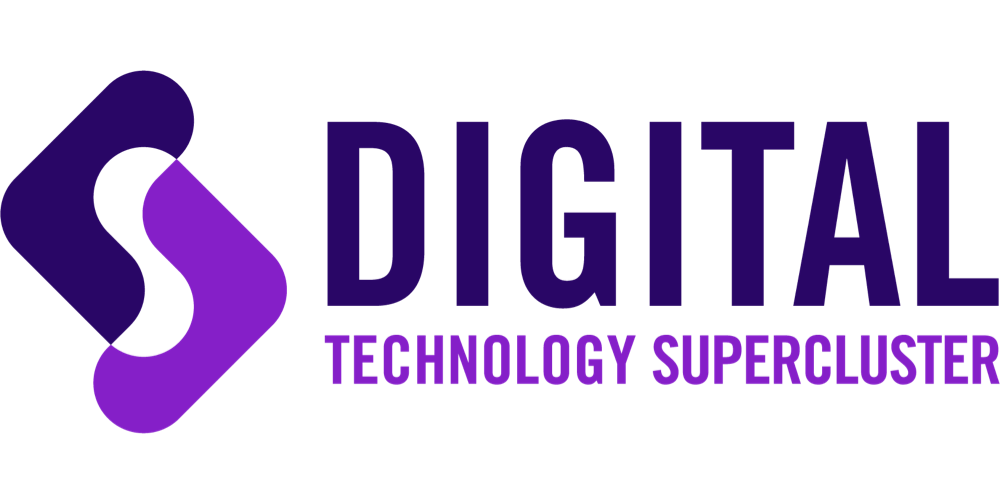 The Digital Supercluster provided research and development funding to
Firstline as part of a project aiming to
The Digital Supercluster provided research and development funding to
Firstline as part of a project aiming to 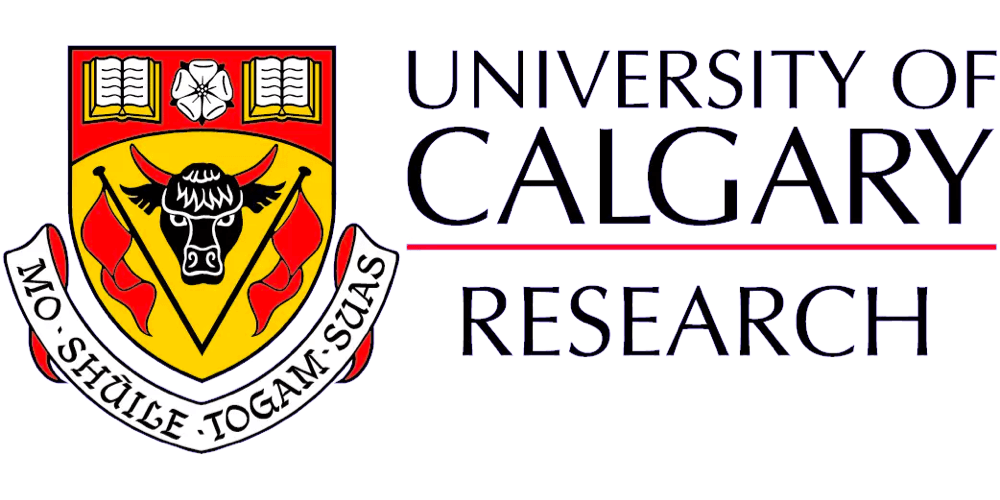 As well as being the very first customer of Firstline, University of
Calgary have been partners, collaborators and supporters of Firstline on
projects since 2015. The One Health Consortium, supported by Alberta’s
Major Innovation Fund, invested in Firstline’s underlying technology to
enable implementation of the AWaRe classification in point-of-care
stewardship guidance.
A multidisciplinary team led by Dr John Conly worked with Firstline to
define and design the implementation of AWaRe classification with a view
to implementation in animal health guidance.
As well as being the very first customer of Firstline, University of
Calgary have been partners, collaborators and supporters of Firstline on
projects since 2015. The One Health Consortium, supported by Alberta’s
Major Innovation Fund, invested in Firstline’s underlying technology to
enable implementation of the AWaRe classification in point-of-care
stewardship guidance.
A multidisciplinary team led by Dr John Conly worked with Firstline to
define and design the implementation of AWaRe classification with a view
to implementation in animal health guidance.